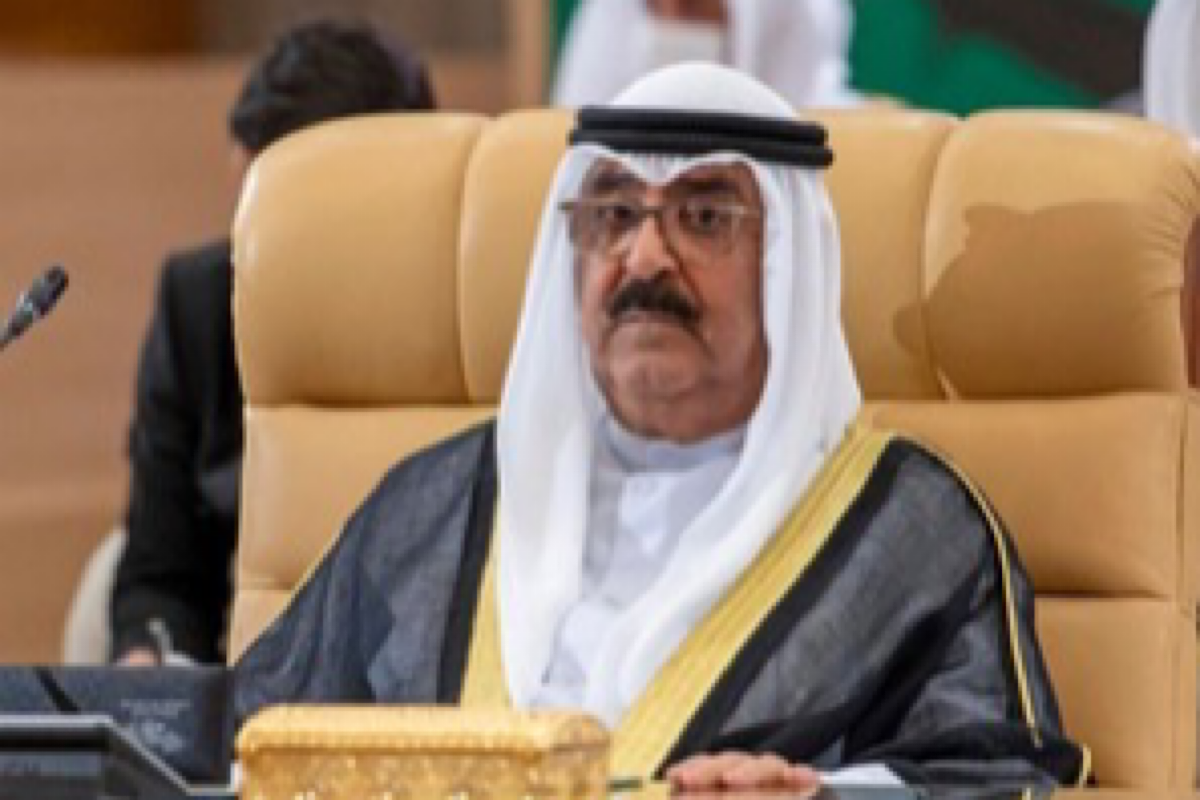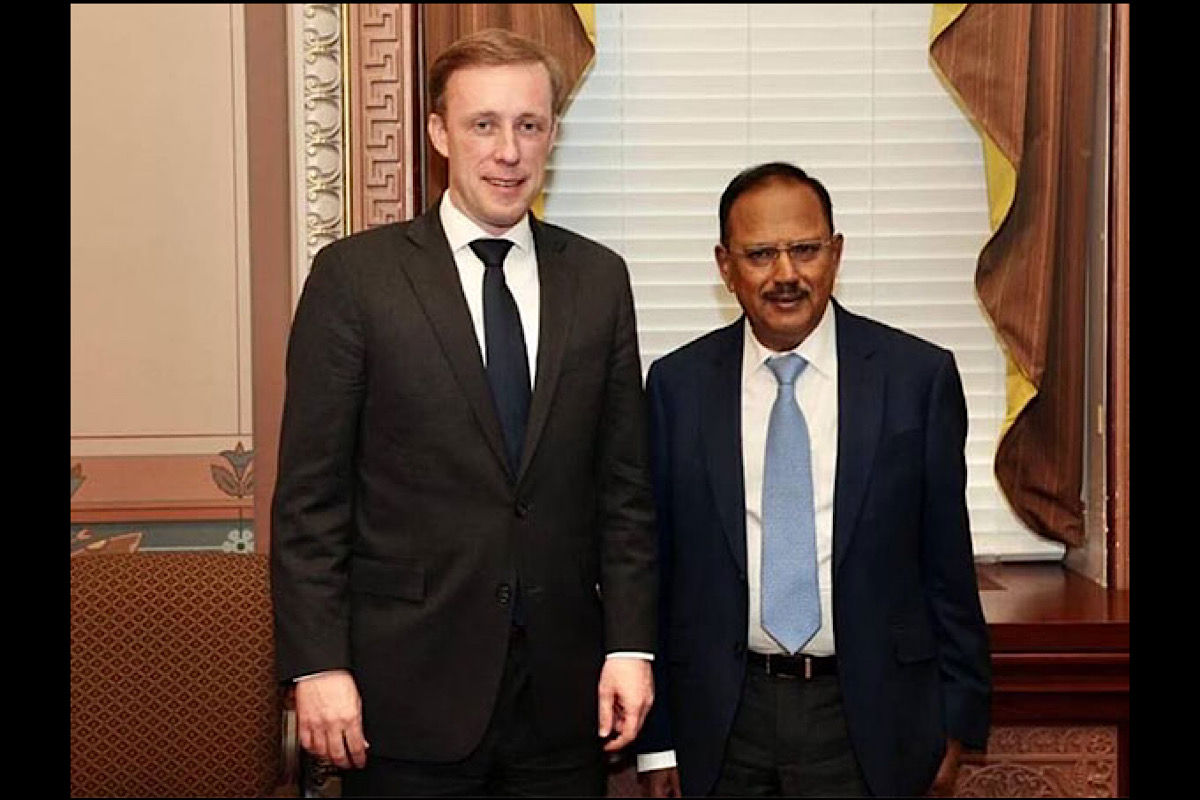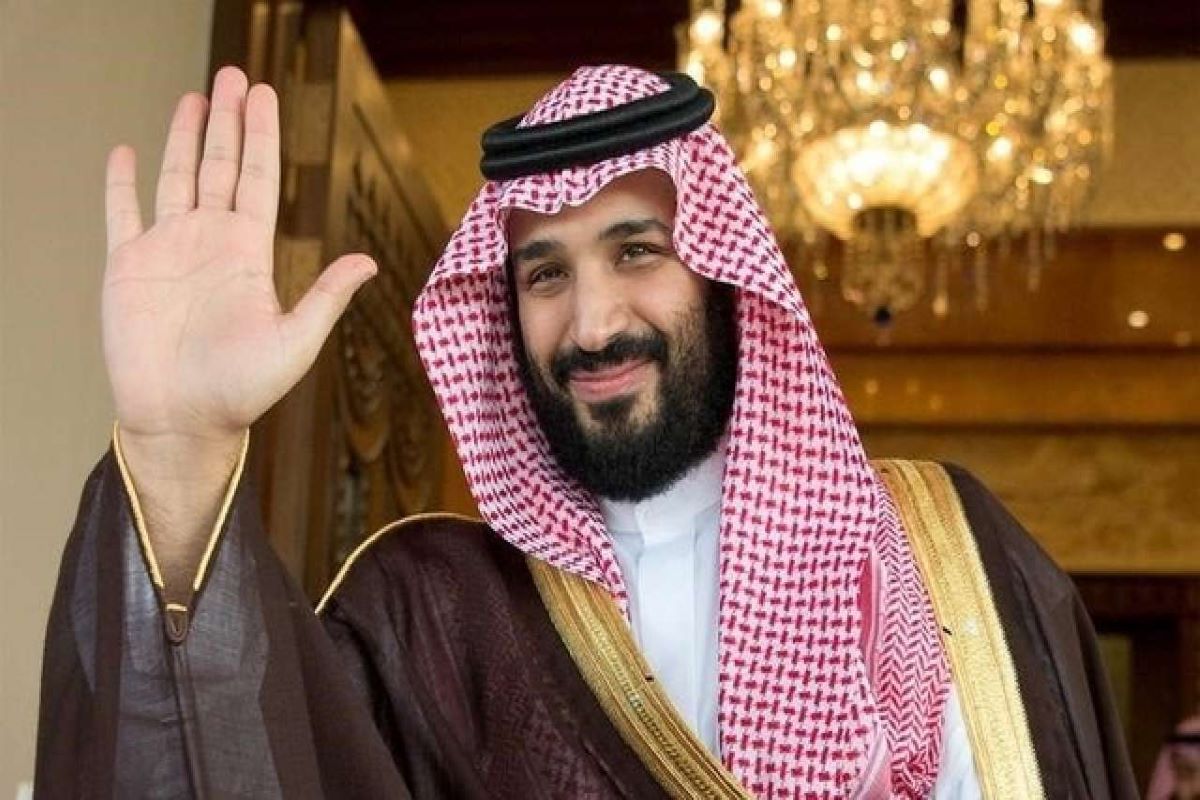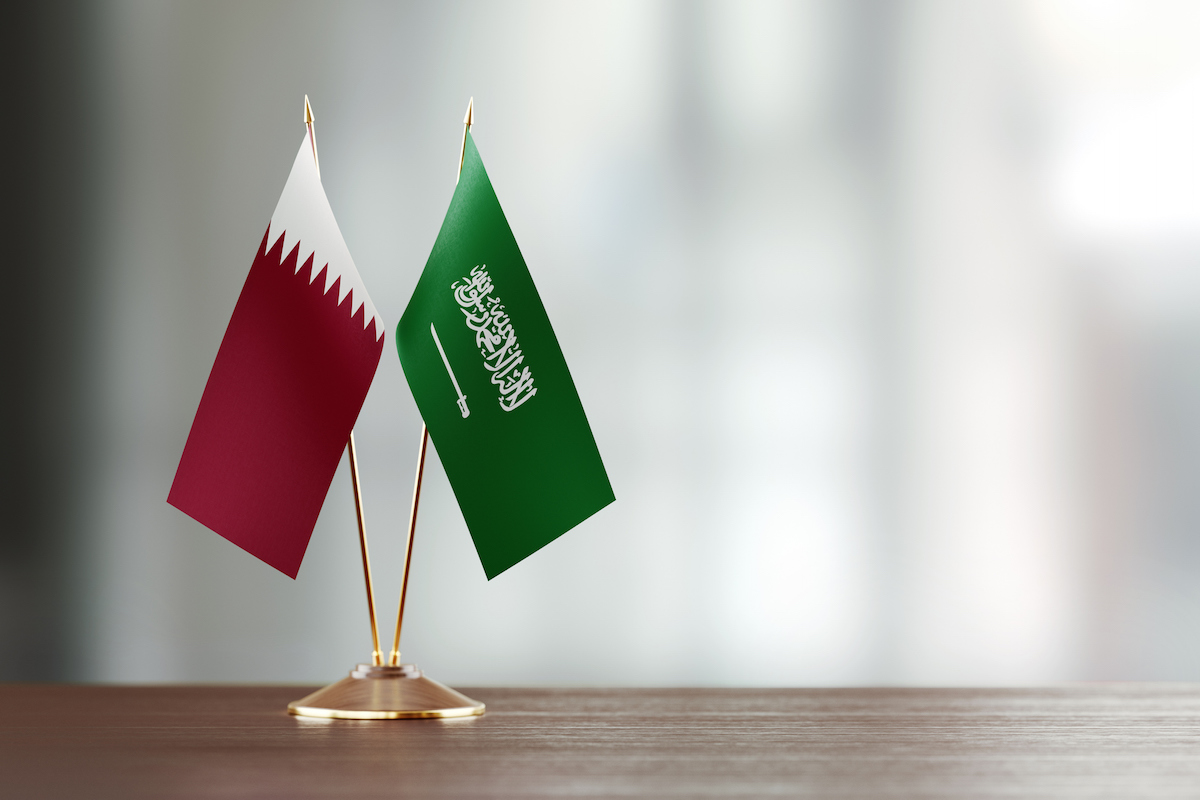Kuwait names crown prince Mishal as new Emir
The Kuwaiti cabinet has declared Crown Prince Sheikh Mishal Al-Ahmad Al-Jaber Al-Sabah as the new Emir of Kuwait.

The Kuwaiti cabinet has declared Crown Prince Sheikh Mishal Al-Ahmad Al-Jaber Al-Sabah as the new Emir of Kuwait.

Sullivan thanked the Crown Prince for the support Saudi Arabia has provided to US citizens during the evacuation from Sudan.

Saudi Arabia’s human rights record has been under increasing scrutiny from rights groups and Western allies ever since the killing of the Saudi journalist, Jamal Khashoggi, in 2018. The kingdom has faced strong criticism of its restrictive laws on political and religious expression, and the implementation of the death penalty, including for defendants arrested when they were minors.

The meeting at the high table can, therefore, be expected to go beyond the customary diplomatic grandstanding. When the desert kingdom’s Crown Prince, Mohammad bin Salman greeted the Emir of Qatar, Sheikh Tamim bin Hamad Al Thani, with an embrace on arrival, it was more than a symbolic gesture.

The meeting comes after Israel agreed historic deals to normalise ties with two Saudi allies in the Gulf, the United Arab Emirates and Bahrain.
Sources in Riyadh told IANS that Gen Bajwa who visited Saudi Arabia on Monday returned home without getting to meet the Crown Prince MBS. He had undertaken the visit as a damage control exercise after the Pakistan government threatened to split the Organisation of Islamic Countries (OIC) over Kashmir.
Khashoggi -- a supporter-turned-critic of the Crown Prince and a Washington Post columnist -- was killed and reportedly dismembered in October 2018 by a team of 15 agents sent from Riyadh. His body has not been found until now.
Critically, this will entail registering a marriage, divorce or a child’s birth, and being issued official family documents.
Callamard's report concluded that Khashoggi's death at the Saudi consulate in Istanbul on October 2 was "an extrajudicial execution" and that Riyadh was responsible, with evidence linking Crown Prince Mohammed bin Salman to the crime.
In times when the quality of governance was assessed on the basis of accomplishment rather than show, the ministry of external affairs laboured the point that India and Pakistan should not be placed in the same bracket.